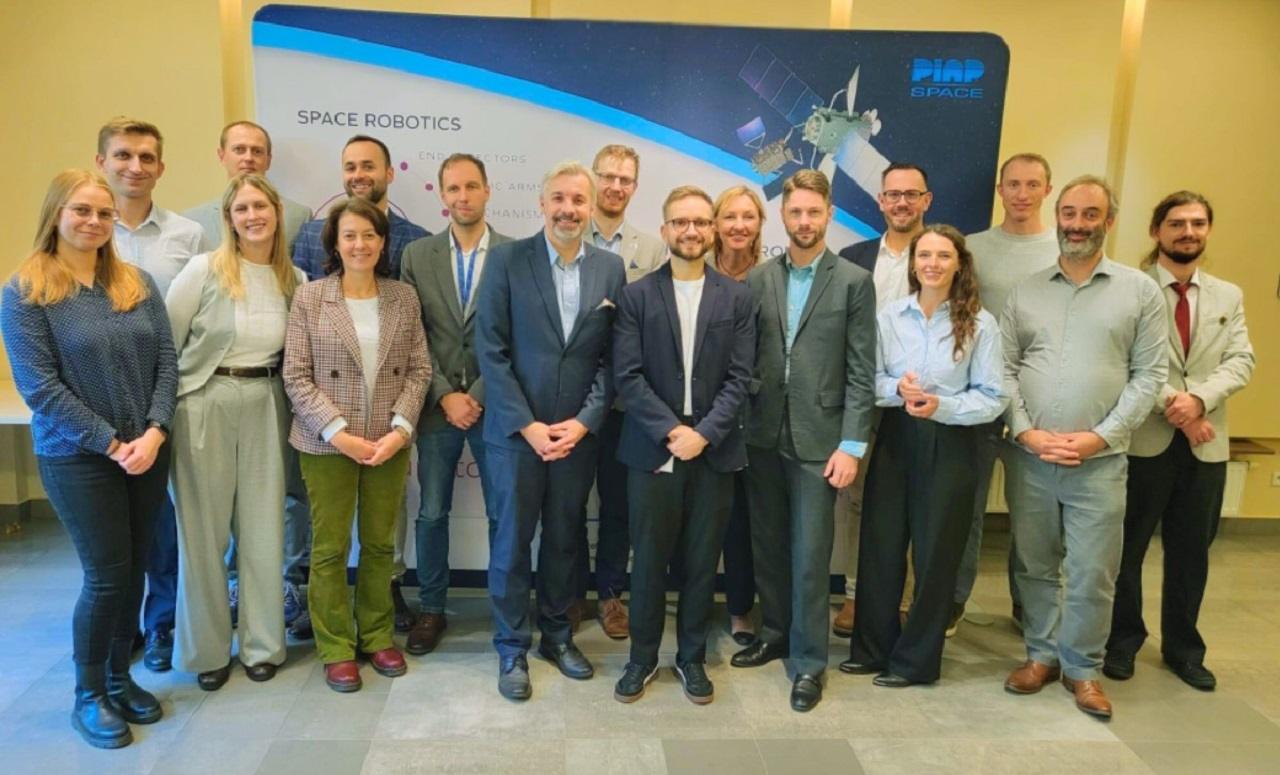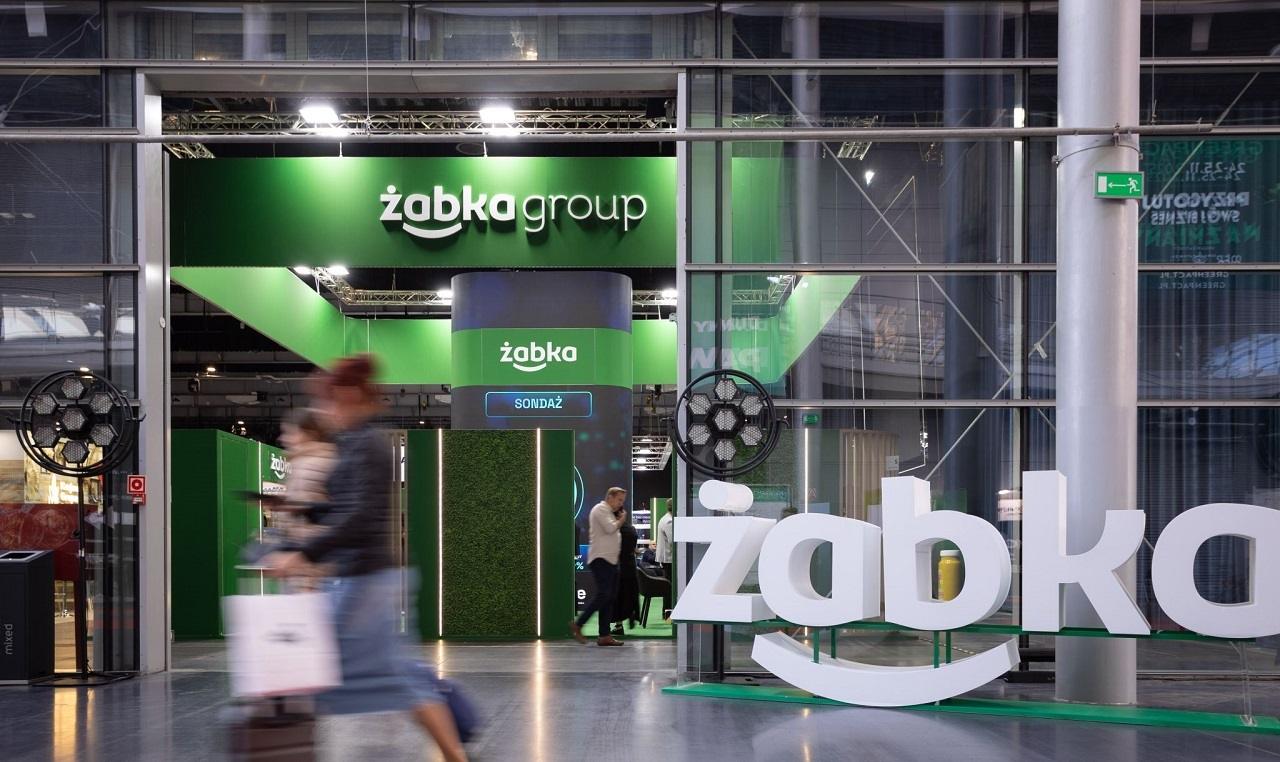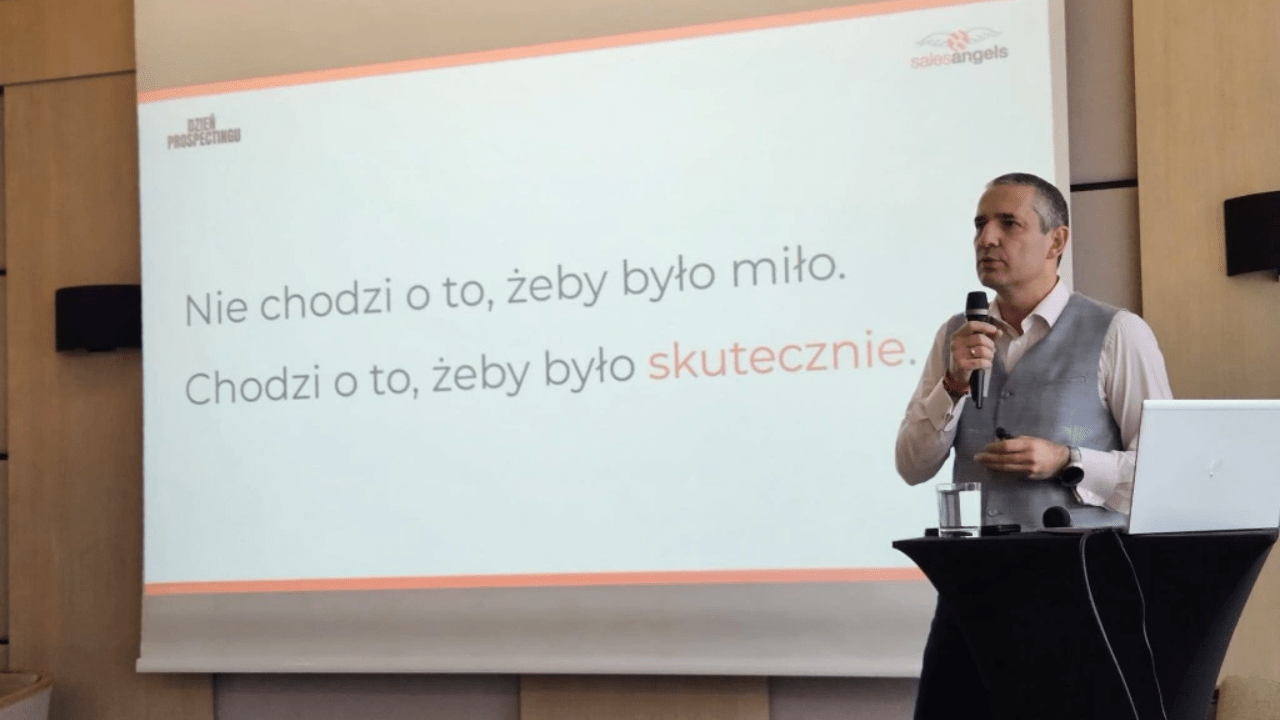In today’s interconnected global economy, companies seeking to expand their workforce across borders are increasingly turning to Employer of Record (EOR) services. An EOR company in Poland offers a strategic solution for international hiring, streamlining compliance with local labor laws while managing payroll, taxes, and HR responsibilities. This article explores the concept of EOR, its operational mechanisms, benefits, and considerations for businesses looking to leverage global employment solutions in Poland and beyond.
Understanding Employer of Record (EOR)
An Employer of Record (EOR) is a third-party organization that assumes legal responsibility for employing staff on behalf of another company. Essentially, the EOR serves as the official employer for a company’s remote or international employees, handling all employment-related legalities, including payroll, tax compliance, and benefits administration. This arrangement allows companies to hire employees in foreign jurisdictions without establishing a local legal entity, significantly simplifying the process of international employment. In Poland, EOR services have gained prominence as a vital component of global employment solutions, especially for companies aiming to expand rapidly into new markets without the complexities of local labor law compliance. An EOR company in Poland offers tailored solutions that facilitate seamless international hiring, ensuring that businesses remain compliant while focusing on their core operations.
How EOR Companies Operate
Employer of Record companies operate by entering into contractual agreements with client organizations, enabling them to legally employ workers on behalf of their clients within a specific jurisdiction. The process begins with the client identifying the need for international talent acquisition, followed by the EOR handling the legal employment process. This involves drafting employment contracts compliant with local laws, managing payroll, withholding taxes, and ensuring social security contributions are correctly processed. EOR companies also assume responsibility for HR administration, including onboarding, employee management, and compliance with local labor regulations. In Poland, EOR providers often leverage local legal expertise to navigate the country’s complex employment laws, ensuring that all employment practices adhere to Polish regulations. This operational model allows businesses to hire international talent swiftly and compliantly, without the need to establish a local legal entity, which can be both time-consuming and costly.
Benefits of Using an EOR
The primary benefits of engaging with an EOR company in Poland include streamlined international hiring, compliance assurance, and cost efficiency. By partnering with an EOR, companies gain access to a broader talent pool without the burden of setting up subsidiary companies, which involves substantial administrative and financial investment. EOR services simplify the employment process by managing payroll, tax filings, and social security contributions, reducing the risk of non-compliance with local labor laws. Additionally, using an EOR accelerates the hiring timeline, enabling firms to respond swiftly to market opportunities or project demands. Another significant advantage is the reduction of legal risks associated with employment disputes or violations, as the EOR assumes legal responsibility for the workforce. For companies looking to expand their footprint in Poland or other countries, an EOR offers a flexible and scalable solution that supports rapid growth while maintaining legal integrity and operational efficiency.
EOR vs. PEO: Key Differences
While Employer of Record (EOR) and Professional Employer Organization (PEO) services share similarities, they serve distinct functions within the employment landscape. An EOR acts as the legal employer of record, meaning it assumes formal responsibility for employment compliance, payroll, and HR management, especially in international contexts. Conversely, a PEO typically operates within the same country and functions as a co-employer, sharing employer responsibilities with the client company. The PEO model is often used for domestic employment management, providing HR, benefits administration, and payroll services, but it does not offer the same level of legal separation or international employment facilitation as an EOR. For international hiring and global employment solutions, an EOR is generally the preferred choice, as it simplifies cross-border employment complexities and ensures compliance with local labor laws. The key difference lies in jurisdictional scope: EORs handle international employment, while PEOs are primarily domestic-focused.
Legal and Compliance Aspects
Legal compliance is a critical component of EOR services, especially in countries like Poland, where labor laws are intricate and frequently updated. An EOR company in Poland ensures adherence to employment regulations, tax obligations, social security contributions, and employee rights, providing peace of mind to international companies operating in the country. This involves understanding local employment standards, minimum wage laws, working hours, and employee benefits, and implementing policies that align with legal requirements. EOR providers also navigate visa and work permit processes for foreign employees, ensuring legal work authorization within Poland. Moreover, they manage payroll deductions, tax reporting, and social security contributions, minimizing legal risks and avoiding penalties associated with non-compliance. For businesses, partnering with a knowledgeable EOR in Poland translates into a robust legal framework for international employment, reducing administrative burdens and ensuring that employment practices remain compliant with evolving legislation.
Selecting the Right EOR Partner
Choosing the appropriate EOR partner in Poland requires careful consideration of several critical factors. First, assess the provider’s local legal expertise and their understanding of Polish employment laws, as this directly impacts compliance and risk management. Next, evaluate their experience in your industry and their ability to handle the specific needs of your workforce, whether they are full-time employees, contractors, or remote workers. It is also essential to scrutinize their technological infrastructure—such as payroll systems and HR platforms—and their level of customer support. Transparency regarding pricing structures and contractual terms is vital to avoid unexpected costs or liabilities. Additionally, consider the provider’s reputation, client testimonials, and their track record of successful international employment solutions. A reliable EOR in Poland should offer flexible, scalable, and compliant services that align with your company’s strategic growth plans, providing peace of mind and operational efficiency.
Industries That Benefit from EORs
Numerous industries find significant value in utilizing EOR services, especially those with complex or rapidly evolving employment needs. The technology sector, for instance, benefits from EORs by enabling companies to hire remote software developers and IT professionals across borders efficiently. Similarly, the healthcare industry relies on EORs to facilitate the onboarding of medical professionals in different jurisdictions while ensuring compliance with local healthcare regulations. The manufacturing sector also leverages EOR services to manage seasonal or project-based workforce needs, particularly when expanding into new markets like Poland. Additionally, the financial services industry benefits from EOR solutions by hiring specialized talent with minimal setup time, thus reducing time-to-market for new products or services. Overall, any industry seeking rapid international expansion, flexible staffing solutions, or compliance assurance can derive substantial advantages from employing EOR services.
Challenges in Working with EORs
Despite the numerous benefits, working with EOR providers presents certain challenges that organizations should be aware of. One primary concern is the potential loss of direct control over employment practices, as responsibilities are delegated to a third-party organization. This can sometimes lead to misalignment in company culture or HR policies. Additionally, there are legal complexities involved in ensuring that the EOR remains compliant with local labor laws, which may require ongoing communication and oversight. Cost considerations can also be significant, especially for small or medium-sized enterprises, as EOR services may involve premium fees for compliance, payroll, and HR management. Language barriers and differences in business practices can further complicate relationships, requiring clear contractual agreements and effective communication channels. Finally, companies should be prepared for possible delays or issues related to local legal changes or administrative processes, which can impact project timelines or workforce stability.
Case Studies: Successful EOR Implementations
Numerous organizations have successfully leveraged EOR services in Poland to accelerate their international expansion and operational efficiency. For example, a U.S.-based software company sought to establish a presence in Poland to tap into the local tech talent pool. Partnering with a reputable EOR provider enabled them to hire and onboard developers swiftly without establishing a local legal entity, saving both time and costs. The company was able to meet project deadlines and scale its team rapidly, demonstrating the effectiveness of EOR in facilitating rapid growth. Another case involved a European manufacturing firm expanding into the Polish market to set up a regional sales and support team. The EOR handled all employment legalities, ensuring compliance with local labor laws, and provided HR support, allowing the company to focus on market penetration. These case studies exemplify how EOR services can serve as strategic tools, enabling organizations to overcome legal and administrative barriers and achieve their international growth objectives efficiently.
Future Trends in EOR Services
The landscape of Employer of Record services is continuously evolving, driven by technological advancements, changing regulations, and shifting workforce expectations. One prominent trend is the increased integration of digital platforms and automation, which streamline onboarding, payroll processing, and compliance monitoring, making EOR services more accessible and efficient. Additionally, there is a growing emphasis on flexible and remote work arrangements, expanding the scope of EOR solutions to accommodate gig workers, freelancers, and project-based teams. As labor laws become more complex and dynamic, EOR providers are investing in legal expertise and compliance tools to adapt swiftly to regulatory changes. The rise of AI and data analytics also promises to enhance decision-making, workforce planning, and risk management within the EOR framework. Moreover, the ongoing globalization of business activities will likely increase demand for cross-border employment solutions, positioning EOR companies as essential partners in international expansion strategies. These trends indicate a future where EOR services become more sophisticated, integrated, and indispensable for companies operating in an increasingly borderless economy.
Frequently Asked Questions
What does an EOR company do?
An Employer of Record (EOR) company acts as the legal employer for a company’s workforce in a specific jurisdiction. It handles employment contracts, payroll, taxes, social security, benefits administration, and ensures compliance with local labor laws. This allows the client company to hire employees internationally without establishing a legal entity in that country.
When should a business consider using an EOR?
A business should consider using an EOR when expanding into new international markets, hiring remote or foreign employees, or seeking to quickly scale its workforce without the administrative burden of setting up a local legal entity. EOR services are particularly valuable when compliance and speed are critical factors.
How does an EOR differ from a staffing agency?
While both provide employment solutions, an EOR is a legal employer responsible for compliance and HR management, whereas a staffing agency supplies temporary or permanent staff without taking on legal employment responsibilities. EORs handle payroll, taxes, and legal obligations, making them suitable for international expansion and compliance-focused employment.
Are EOR services compliant with local labor laws?
Yes, reputable EOR providers specialize in local labor law compliance. They employ legal experts and use compliant employment contracts and HR policies to ensure adherence to regulations, minimizing legal risks for their clients.
Can small businesses benefit from EOR services?
Absolutely. Small businesses can leverage EOR services to access international talent, ensure legal compliance, and reduce administrative burdens. EOR solutions provide a cost-effective way for small enterprises to expand globally without the need for establishing local entities.









